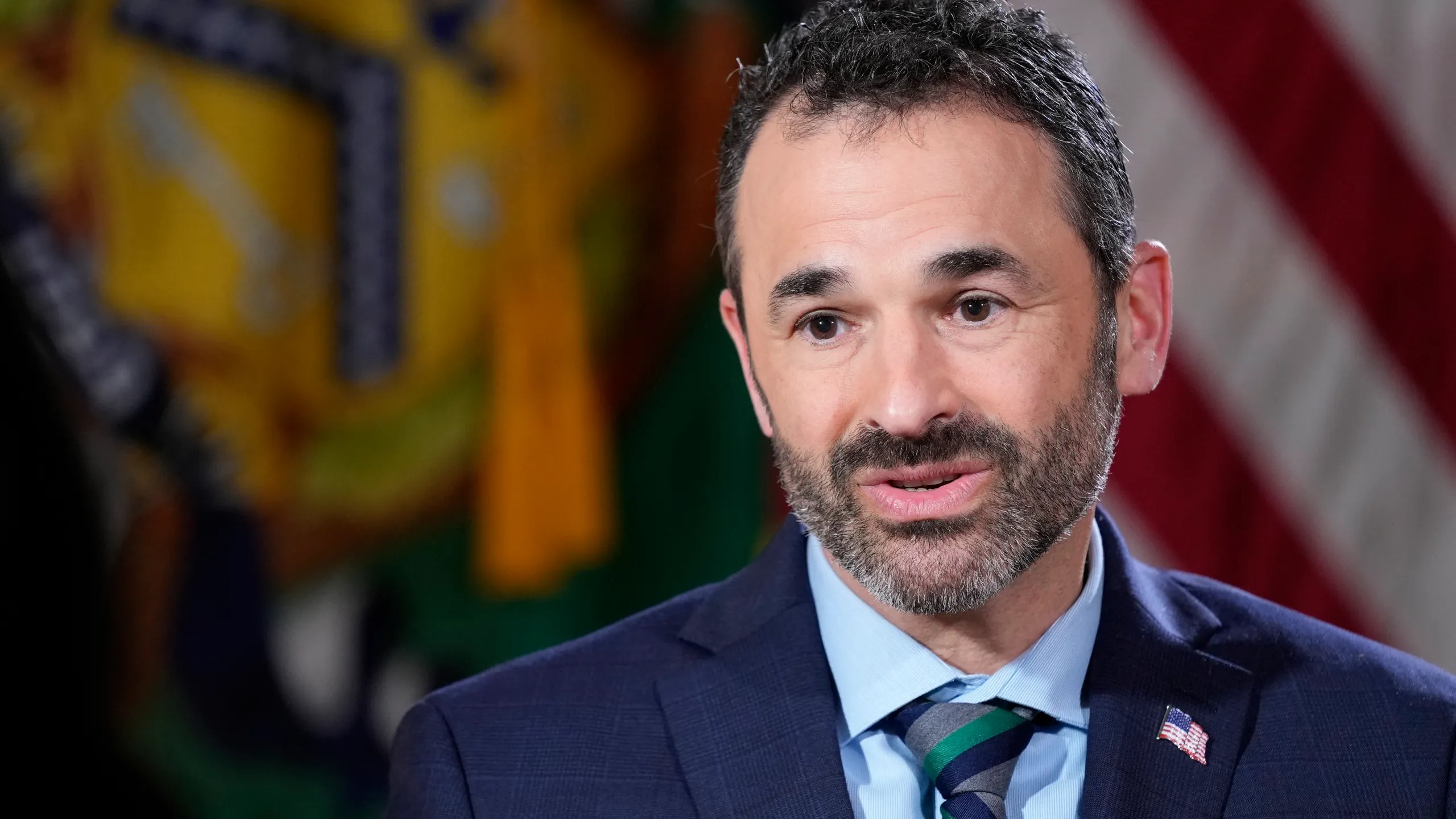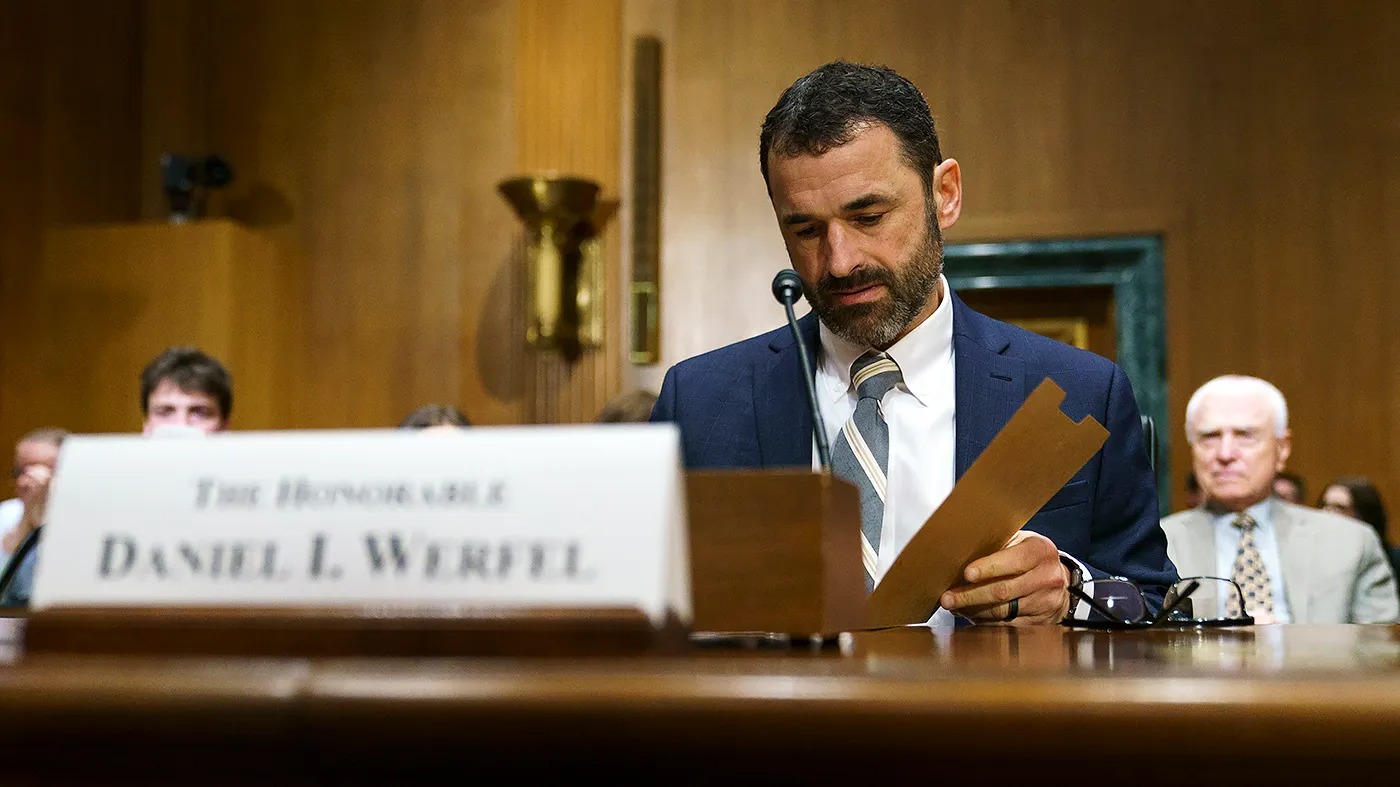IRS Commissioner Danny Werfel has issued a stern message to wealthy tax evaders, urging them to pay their fair share to prevent burdening others with government funding.
In a recent interview with The Associated Press, Werfel emphasized the importance of tax compliance, particularly among high-wealth individuals wrongly deducting expenses like private jet travel.
As Werfel approaches his first anniversary at the helm of the IRS, he plans to intensify efforts to combat tax evasion, employing tools such as artificial intelligence to detect fraudulent activities.

IRS Chief (Credits: WSYR)
Despite ongoing criticism, including accusations of overreach from Republican lawmakers, Werfel remains committed to enhancing tax enforcement measures.
While acknowledging the IRS’s historically unfavorable public perception, Werfel aims to improve the agency’s image by prioritizing taxpayer service and dispelling misinformation.
He refuted claims of plans to deploy armed agents, clarifying that the agency is focused on hiring personnel equipped with phone headsets and calculators.
Werfel inherited an understaffed and overwhelmed agency but has endeavored to implement reforms and enhance the taxpayer experience. Efforts include streamlining tax-filing processes and piloting programs like Direct File, which allows individuals to submit taxes directly to the IRS free of charge.

IRS Chief (Credits: The Hill)
Despite opposition from commercial software firms and some politicians, Werfel reports positive feedback on the Direct File program, with users praising its simplicity and affordability. However, the program’s future remains uncertain and is pending further evaluation.
Werfel emphasizes the IRS’s commitment to accessibility and efficiency, citing improvements to IRS.gov and reduced wait times for phone assistance.
He stresses the importance of sustained funding to address past deficiencies and support IRS staff in serving taxpayers effectively.
Recent initiatives have targeted high-wealth individuals engaging in tax evasion, particularly those exploiting loopholes such as improper deductions for personal flights on corporate jets. Werfel asserts that cracking down on such practices is crucial for upholding tax fairness and fostering public trust in the system.
Despite progress, Werfel acknowledges that the IRS still faces technological challenges, symbolized by an operating pay phone within the agency’s headquarters. However, he remains optimistic about the agency’s trajectory and ongoing efforts to modernize and improve taxpayer services.























